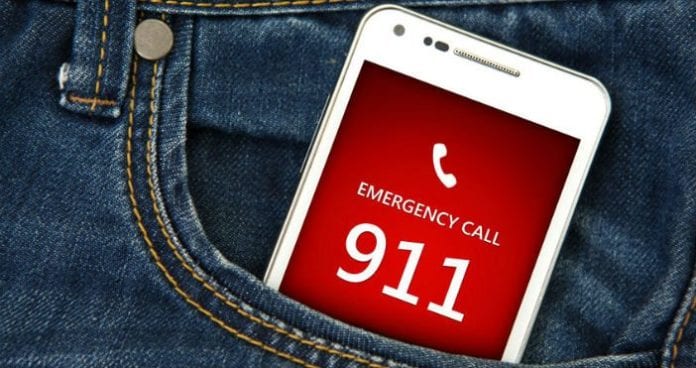911 outage drew a $17.4M fine for operators responsible
WASHINGTON – Following the steepest fines ever levied for 911 outages, federal regulators are taking steps to expand the database of public safety operators equipped to handle text-to-911.
The Federal Communications Commission issued a public notice on April 7 announcing the expansion of the Public Safety Answering Point Text to 911 Readiness and Certification Registry.
The FCC approved the use of text-to-911 technology last year and has since been navigating the complex process of instituting rules and regulations governing such services.
One of the policies implemented by the FCC was the Text-to-911 Readiness and Certification Registry, which lists public safety call center operations certified by the FCC as PSAP ready.
Despite approval of the expansion of text-to-911 services, the program is still very far from nationwide.
In order to be listed on the FCC registry, an operator needs to first certify “that it is technically ready to receive 911 text messages in the format requested. The appropriate local or State 911 service governing authority must have authorized the PSAP to accept and, by extension, the covered text provider to provide, text-to-911 service; and finally requesting PSAP must notify the covered text provider that it is both technically ready to receive 911 text messages and has been authorized to accept such messages.”
The FCC Certification Registry currently lists 250-plus firms nationwide that meet all the certification requirements. Close to two-thirds of which have been approved for the certification since February.
In April 2014 a failure of the 911 service in six states left 11 million people without easy access to emergency help.
After completing an investigation into the failure, the FCC announced it has levied a cumulative $17.6 million fine against CenturyLink and Intrado Communications, two companies tasked by carriers with routing 911 calls.
The FCC investigation determined that the outage was not the result of any unforeseen disaster, but has been characterized as a “sunny day failure.”
The outages occurred in Washington, Minnesota, North Carolina, South Carolina, Florida and Pennsylvania. The FCC Enforcement Bureau estimates the outage resulted in 6,600 missed 911 calls in a six-hour period.
These calls included reports of “domestic violence, assault, motor vehicle accidents, a heart attack, an overdose, and an intruder breaking into a residence,” according to federal documents.

